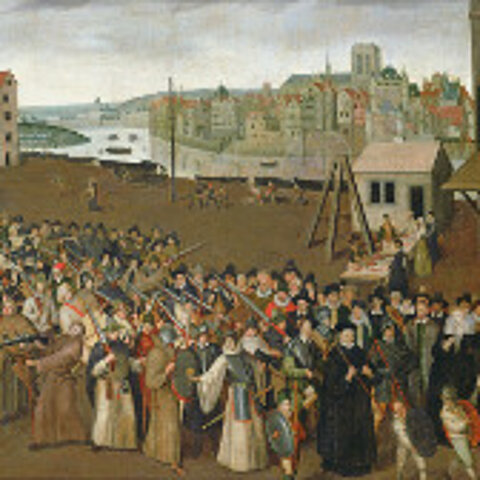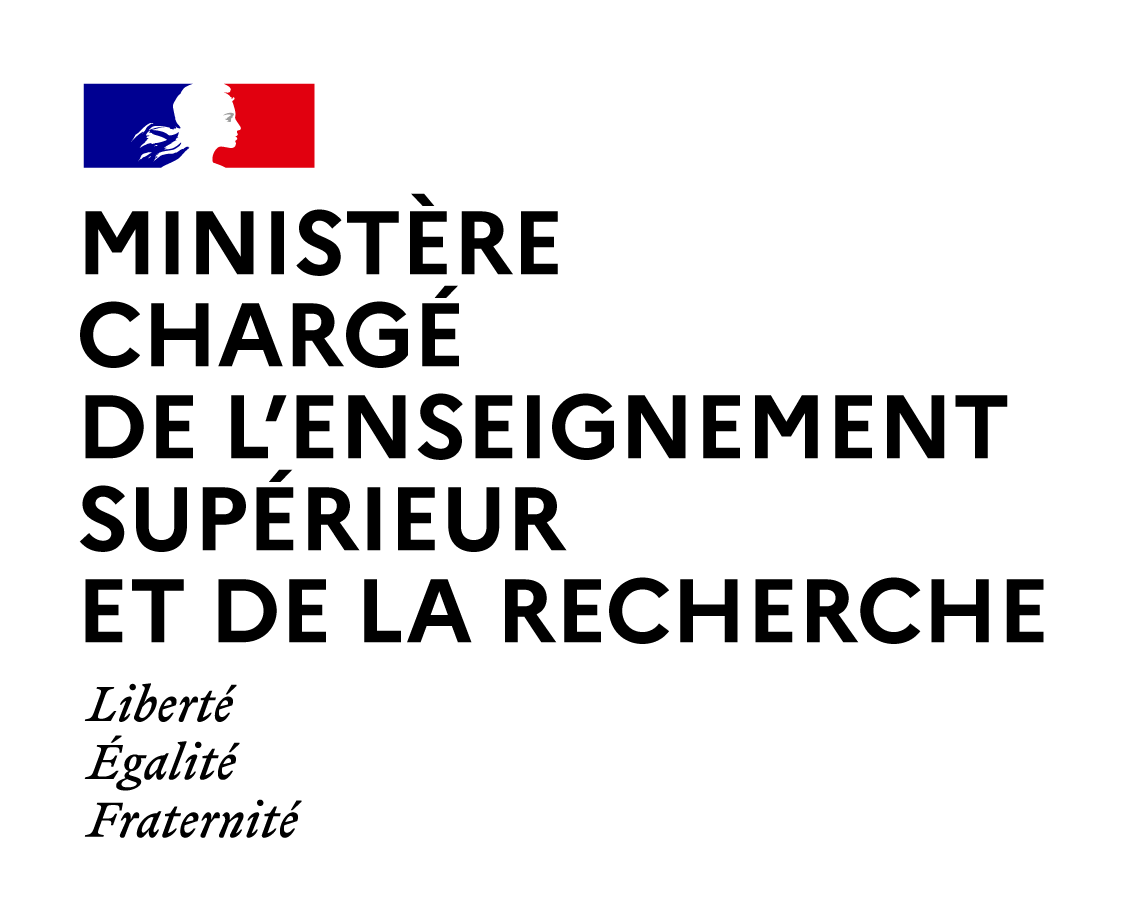Org.: Antonio ÁLVAREZ-OSSORIO ALVARIÑO (Universidad Autónoma de Madrid), Manuel HERRERO SÁNCHEZ (Universidad Pablo Olavide de Sevilla), Alain HUGON (Université de Caen - Normandie)
Sec.: Juan Manuel CASTILLO RUBIO, Rocío MORENO CABANILLAS, Jonatán OROZCO CRUZ, Alberto RODRÍGUEZ MARTÍNEZ (Universidad Pablo Olavide de Sevilla)
Venues:
Universidad Pablo de Olavide
Ctra. de Utrera, 1
41013 Sevilla
Escuela de Estudios Hispano-Americanos
Calle Alfonso XII, 16
41002 Sevilla
Send abstracts an CV to congresorevueltassoberania@upo.es
Until november 15th 2017
Presentation
This conference is the second meeting organised around the project Villes insurgées, villes réprimées (VIVIR), coordinated by Casa de Velázquez and Antonio Álvarez- Ossorio Alvariño (Universidad Autónoma de Madrid, Research Group Sociedad cortesana y redes diplomáticas, HAR2015-67069-P), Manuel Herrero Sánchez (Universidad Pablo de Olavide de Sevilla, Research Group POLYCENTRICSTATES, HAR2013-45357-P) and Alain Hugon (University of Caen).
This project aims to analyse contention in urban contexts during the Early Modern period, including insubordination and symbolic and violent resistance to the directives put forward by the rulers. Apart from these movements of protest and resistance, we are interested in the repression devices implemented by the authorities and in the policing and surveillance mechanisms put in place by the allegedly legitimate governments in order to smoothen the multiple faces of contention.
In the first meeting, celebrated in February 2017 in Casa de Velázquez, Madrid, under the title Exclusión, marginalización y represión de las revueltas urbanas en Europa, we had the opportunity to examine the spatial impact of revolt and insurrection, which resulted in the formation of ghettos, buffer zones, crossroads and spaces of interconnection, both during revolts and after order had been restored. In this occasion we shall deal with protest, rebellion and resistance processes, as well as with repression mechanisms and the restoration of order, from the point of view of the different models of sovereignty that were in operation in Europe and also in overseas territories. The main objective of the congress is thus to question the classic paradigm that assures that the consolidation of the Modern State was based on the concentration of power in the hands of the sovereign, at the expense of local authorities, in a process that involved the taming of the nobility and the systematic erosion of municipal autonomy and liberties. Between the 16th and 18th centuries, State and sovereignty, far from converging in a process of aggregation that resulted in an inevitable formation of a homogenous national State, crystallised in a large variety of institutional formulas, supported by the vigour of an important urban substratum; this explains the predominance of political models characterised by plural and overlapping sovereignties in the most densely urbanised regions in the European continent. A recent conference, also celebrated in Seville in May 2017, resulted in an interesting debate about the different processes of political reflection triggered by revolts in the Late Middle Ages and the Early Modern period. In this case, we have decided to adopt a bottom-up perspective, and we shall be focusing on the agents that instigated revolts and other forms of resistance, as well as on those that implemented the governments’ mechanisms of repression and surveillance.
We are interested in examining how was sovereignty perceived by revolt ringleaders and state-instruments alike; who possessed the legitimacy to lead protest movements? How were power and violence expressed? Who had, for instance, the authority to commit tyrannicide or depose an illegitimate sovereign? What cultural instruments (parades, pamphlets, demonstrations, festivals) were used to express sovereign power during revolts in the urban context, and what mechanisms were implemented to reimpose consensus and reassert authority? Our ultimate aim is to discuss who were the agents of sovereignty; who led protest and repression; how was authority deposed, substituted and consensus renegotiated; how was protest organised in a social corporative context characterised by the coexistence of multiple deposits of sovereignty and, therefore, channels of representation.
Similarly, we aim to investigate the concurrence and overlapping of sovereignties both among rebels and state instruments (including the appeal to superior powers, such as the pope or the emperor) and the processes of sovereignty fragmentation that could take place during rebellions.
The conference will be inaugurated by Wim Blockmans (University of Leiden), whose work is essential to set up the debate. Among the professors invited are Giovanni Levi (University Ca’Foscari de Venecia) and Mafalda Soares da Cunha (CIDEHUS, University of Évora) responsible of the programme RESISTANCE: Rebellion and Resistance in the Iberian Empires, 16th-19th centuries funded by the European Union H2020-MSCA-RISE-2017 (Marie Skłodowska-Curie Research and Innovation Staff Exchange), which analyses processes of resistance, contention and violence among the subordinated classes.
The conference will be celebrated in Universidad Pablo de Olavide (Seville), on 1 and 2 February 2018. Abstracts (15 lines maximum, in English, French, Spanish or Italian) will be accompanied with brief curriculum vitae and will be sent to the organisers by November 15, 2017: congresorevueltassoberania@upo.es


















